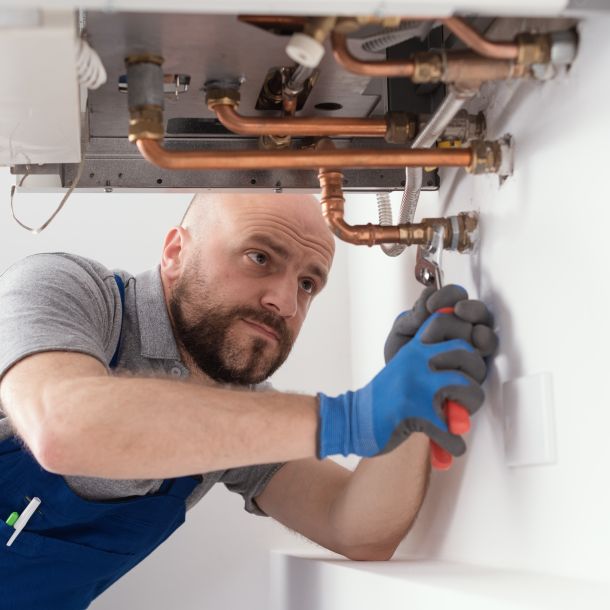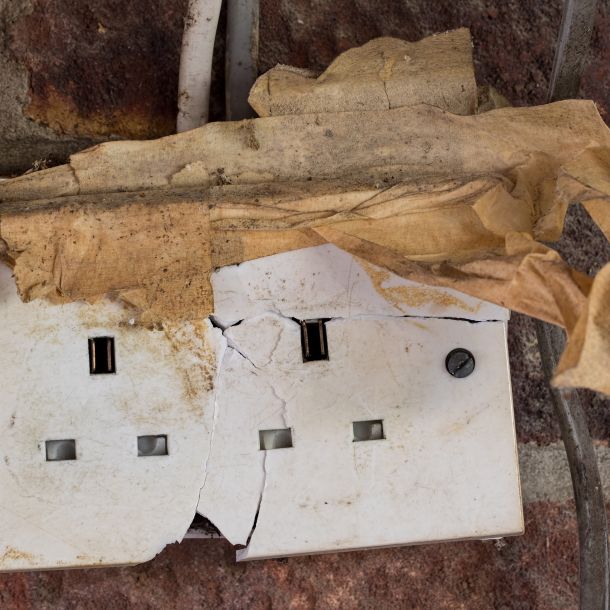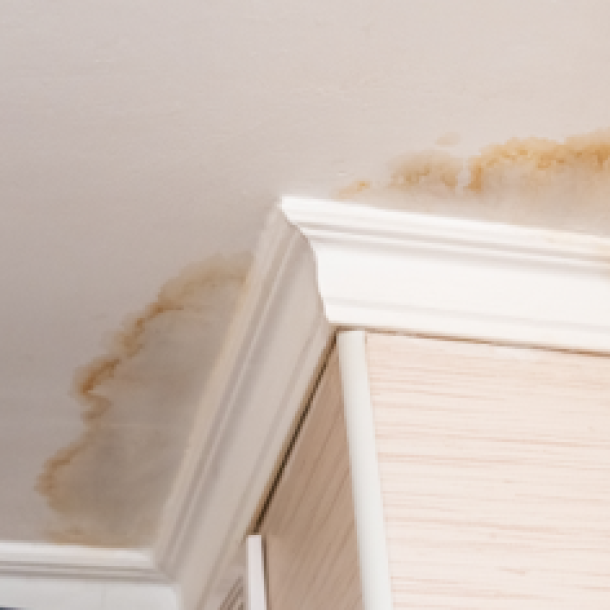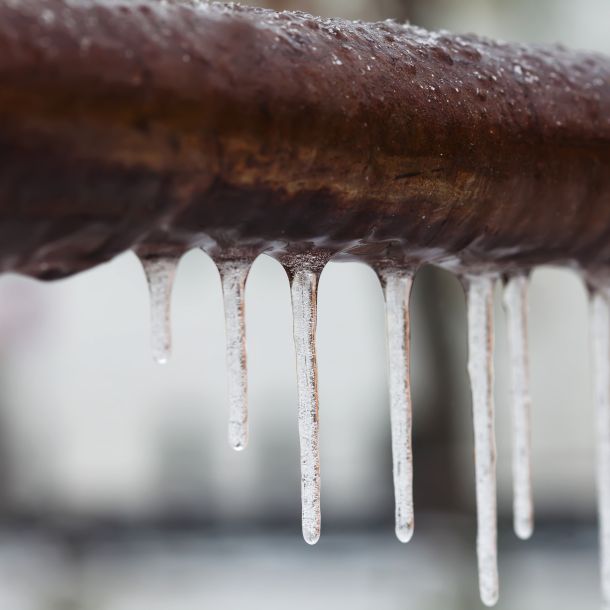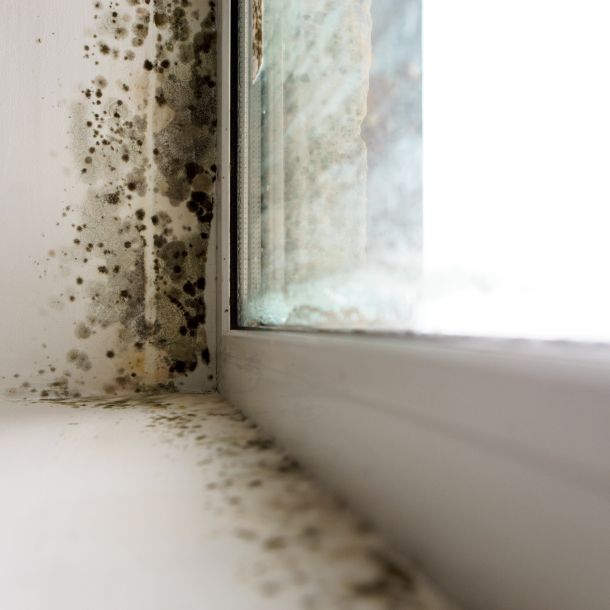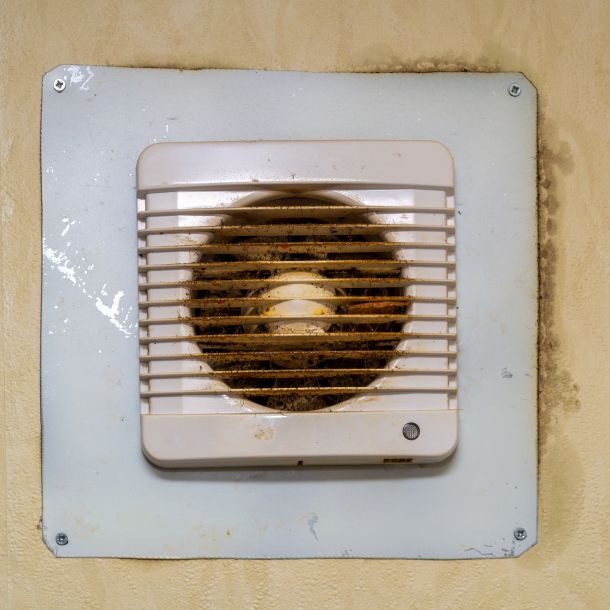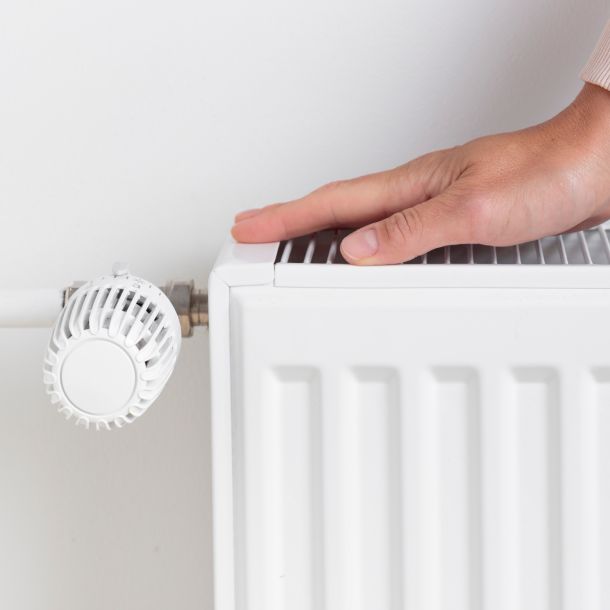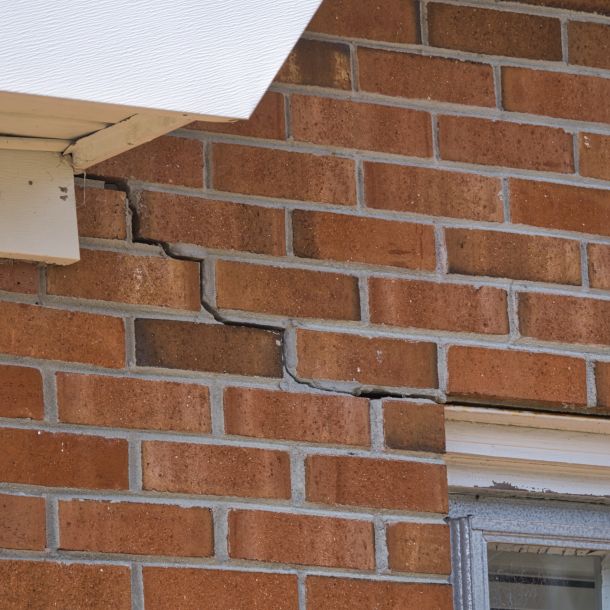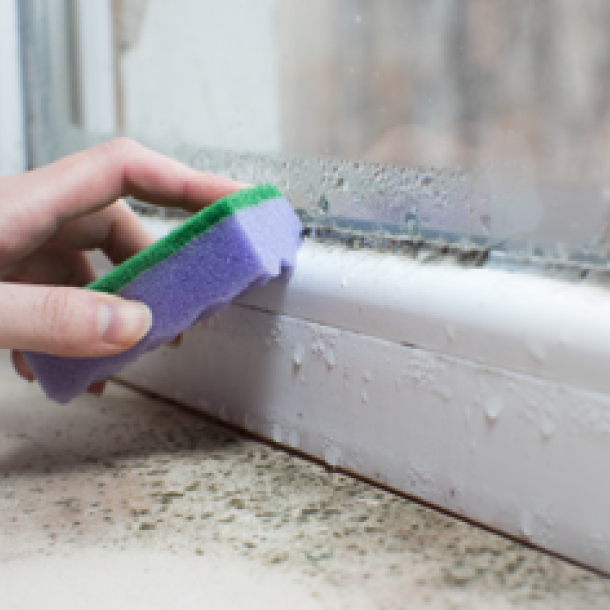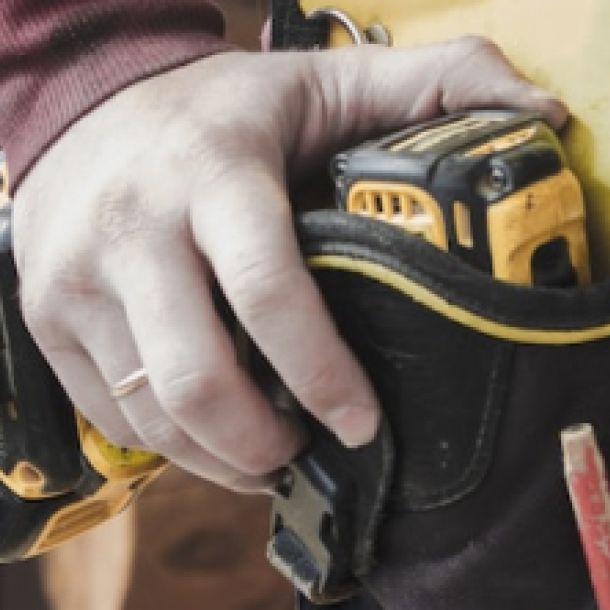Awaab’s Law – what it means for you
From 27 October 2025, a new law called Awaab’s Law will come into force. It was introduced after the tragic death of two-year-old Awaab Ishak, who died because of damp and mould in his home. The law exists to make sure every customer has a safe, healthy home and that landlords act quickly when problems are reported.
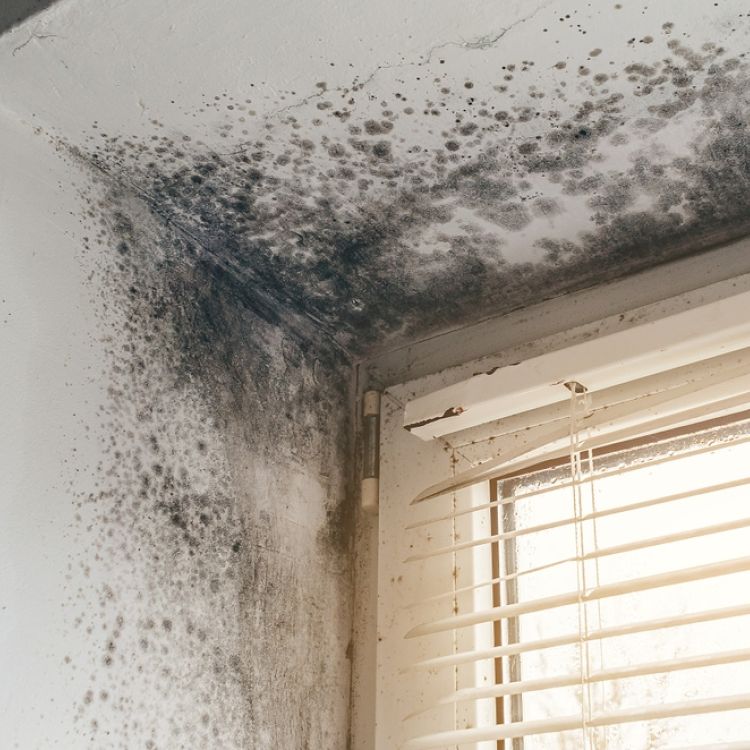

Keeping you Safe
Keeping you and your home safe is our top priority. When you tell us something is wrong, we will act quickly and explain clearly what will happen next. We will always consider both the condition of your property and the needs of the people living there, so that the most urgent cases – especially where people are vulnerable – are dealt with first.
Working together makes all the difference. By reporting hazards to us as soon as you spot them, you help us take swift action and keep your home safe.
Act quickly
The law sets strict deadlines for action and we are committed to meeting them.
- Emergency hazards (such as gas leaks, electrical faults, or severe mould) will be investigated and your home made safe within 24 hours.
- Damp and mould and other significant hazards will be:
- Investigated within 10 working days
- Followed by a written update within 3 working days of the investigation finishing
- Your home will be made safe within 5 working days of the investigation finishing.
- If the work needed is complicated, we will begin work within 12 weeks.
Hazards explained
An emergency hazard is any hazard that poses an imminent and serious risk to health or safety. These must be made safe within 24 hours.
A significant hazard is one that does not pose an imminent risk (so not an “emergency”), but is serious enough to harm health if not dealt with promptly.
Examples:

Report It
Reporting issues to us quickly, helps us keep your home safe.
Call the Platform Hub on 0333 200 7304
We are committed to listening, acting promptly, and making sure you know what’s happening every step of the way.
FAQ's
Awaab’s Law is a new law that starts on 27 October 2025. It makes it a legal duty for landlords to act quickly when tenants report hazards in their homes, especially damp and mould.
It is named after two-year-old Awaab Ishak, who tragically died in 2020 after being exposed to damp and mould in his home. The law was created to make sure this never happens again.
We will consider both the condition of your home and the needs of the people living there. Customers with health conditions or vulnerabilities will always be given priority.
Not usually. Most issues will be fixed while you stay in your home.
If the problem cannot be resolved quickly, we will either begin works within 12 weeks or offer you with safe temporary accommodation.
Because hazards like damp, mould, gas leaks, or electrical faults can cause serious illness or injury. Reporting them quickly helps us act faster to keep you and your family safe.
An emergency hazard is any hazard that poses an imminent and serious risk to health or safety. These must be made safe within 24 hours.
Examples:
- Gas leaks or strong smell of gas
- Dangerous electrical faults (exposed live wiring, sparking sockets)
- Severe mould causing immediate health concerns (especially for children or vulnerable customers)
- Structural collapse risk (ceiling falling, unsafe stairs)
- No heating or hot water in freezing conditions
A significant hazard is one that does not pose an imminent risk (so not an “emergency”), but is serious enough to harm health if not dealt with promptly.
Examples:
- Widespread damp and mould that isn’t immediately life-threatening but could cause illness
- Faulty extractor fans or poor ventilation leading to condensation and damp build-up
- Broken heating in mild weather (not an emergency, but still serious)
- Structural cracks that aren’t about to collapse but could worsen
The law will be enforced by the Regulator of Social Housing.
They check that landlords follow the law and act quickly when problems are reported. Customers can also contact the Housing Ombudsman, who looks into complaints about social landlords.
Together, these organisations make sure landlords do what the law requires to keep homes safe and healthy.
When we assess a report, we look at both the condition of the home and the needs of the people living there.
If someone in the home is elderly, very young, pregnant, or has a health condition, this will be taken into account so we can act faster.
If the issue is serious and cannot be made safe straight away, we will take urgent action — including arranging temporary accommodation if needed — to make sure everyone stays safe while repairs are completed.
“Severe mould” means there’s a lot of mould that could harm your health or damage your home.
It’s more than a few small patches — it usually:
- Covers a large area of walls, ceilings, or windows,
- Keeps coming back even after cleaning,
- Has a strong, musty smell
